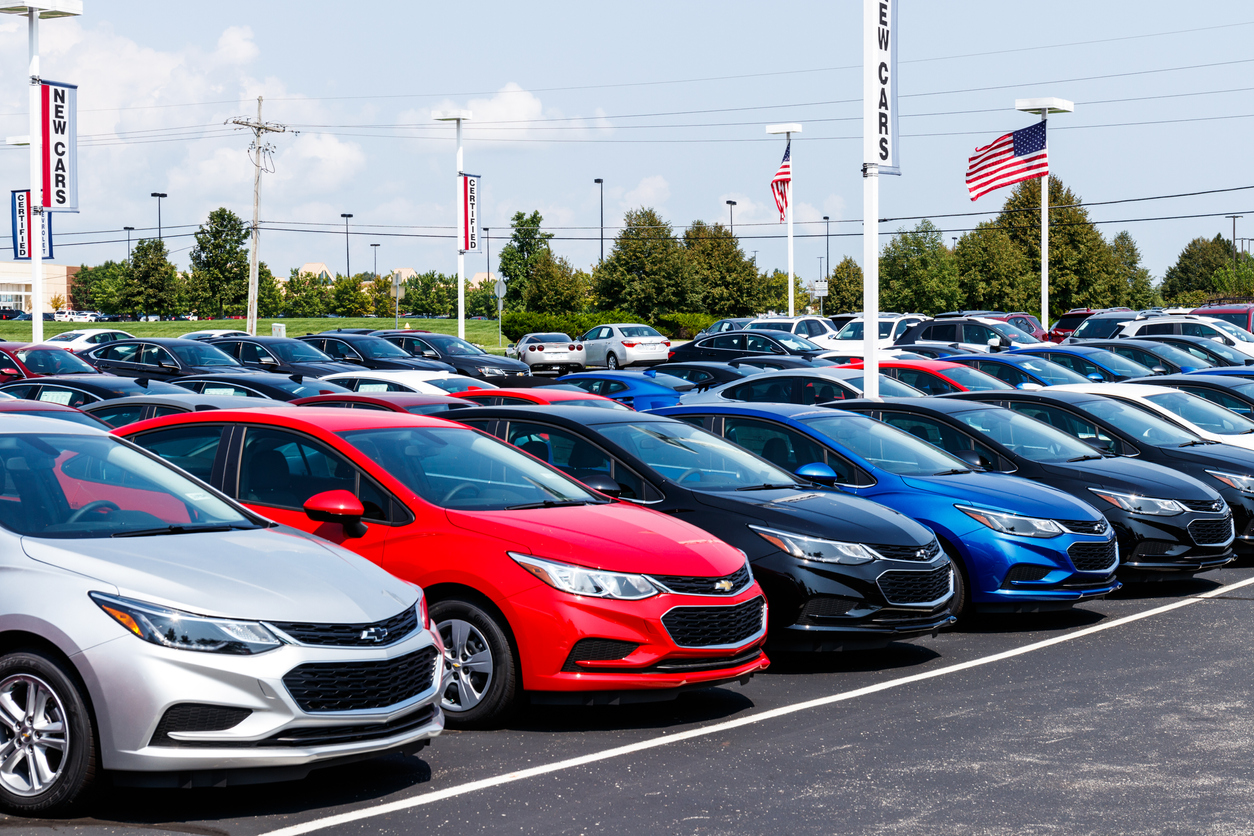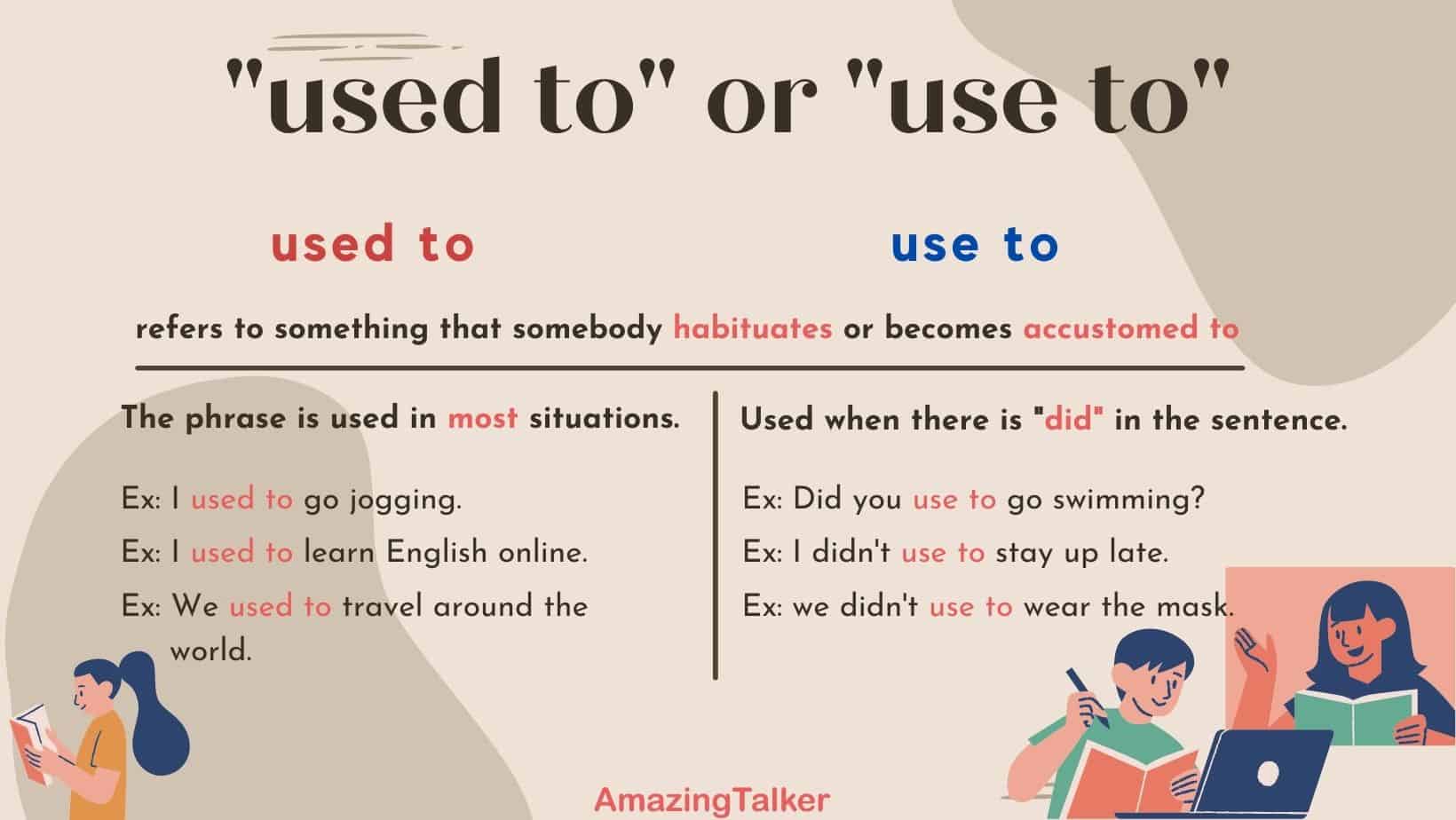Used Yard Spotter Trucks For Sale: Your Comprehensive Guide to Smart Procurement sale.truckstrend.com
In the bustling world of logistics, distribution, and manufacturing, efficiency is king. Every minute saved in moving goods contributes directly to the bottom line. At the heart of this efficiency, particularly within confined spaces like yards, docks, and intermodal terminals, lies a specialized workhorse: the yard spotter truck. Also known as a terminal tractor, shunt truck, hostler, or yard dog, this unique vehicle is designed for one primary purpose – to quickly and safely move semi-trailers short distances.
While new yard spotters offer the latest technology and full warranties, their significant upfront cost can be a barrier for many businesses. This is where the market for used yard spotter trucks for sale becomes incredibly relevant. Opting for a pre-owned unit can offer substantial cost savings, quicker deployment, and a reliable solution for your operational needs, provided you know what to look for. This comprehensive guide will delve into everything you need to know about navigating the used yard spotter market, ensuring you make an informed and beneficial purchase.
Used Yard Spotter Trucks For Sale: Your Comprehensive Guide to Smart Procurement
What is a Yard Spotter Truck and Why Go Used?
A yard spotter truck is a heavy-duty vehicle specifically engineered for the rapid movement of semi-trailers within a defined operational area. Unlike over-the-road semi-trucks, yard spotters feature a shorter wheelbase, a hydraulic fifth wheel lift system (allowing the driver to quickly hook up and lift trailers without leaving the cab), and often a rear-facing cab door for easy access. Their robust design prioritizes maneuverability, visibility, and quick coupling/uncoupling over long-haul speed or comfort.
Why consider buying a used yard spotter?
- Significant Cost Savings: The most compelling reason. Used units can be 30-70% less expensive than new ones, freeing up capital for other investments.
- Faster Depreciation Curve: The steepest depreciation hit occurs in the first few years. Buying used means you avoid this initial rapid loss in value.
- Immediate Availability: New trucks often have lead times. Used units are typically available for immediate purchase and deployment, crucial for urgent operational needs.
- Proven Reliability: A well-maintained used truck from a reputable brand (like Kalmar Ottawa, Capacity, TICO, Autocar) has already proven its mettle in real-world conditions.
- Reduced Environmental Impact: Extending the life cycle of existing equipment is a sustainable practice, contributing to a circular economy.

Key Factors to Consider When Buying a Used Yard Spotter
Purchasing a used yard spotter is an investment that requires thorough due diligence. Here are the critical aspects to scrutinize:
-
Condition of Core Components:
- Engine: Check for leaks, unusual noises, excessive smoke. Inquire about its service history (oil changes, filter replacements). Diesel engines are most common, but propane units exist.
- Transmission: Ensure smooth shifting. Automatic transmissions are standard. Look for fluid leaks or signs of slippage.
- Brakes: Inspect brake lines, air tanks, and shoe wear. Test the parking brake and service brakes.
- Hydraulics: The hydraulic fifth-wheel lift system is central. Check cylinders, hoses, and fluid levels for leaks. Test its lifting and lowering capabilities multiple times.
- Frame and Chassis: Look for cracks, excessive rust, or signs of collision damage. The frame integrity is paramount for safety and longevity.
- Tires: Assess tread depth and overall condition. Uneven wear can indicate alignment issues.
- Fifth Wheel: Check for excessive wear on the plate, kingpin lock, and overall mechanism.
- Cab Interior: While not critical for performance, a well-maintained interior often indicates a unit that was cared for. Check gauges, lights, and HVAC.

-
Maintenance Records: This is perhaps the most important document. Detailed service records provide a clear history of repairs, preventative maintenance, and component replacements. A truck with comprehensive records suggests responsible ownership and better long-term reliability.
-
Hours and Mileage: For yard spotters, engine hours are generally more indicative of wear than mileage. A truck might have low mileage but high engine hours if it spent a lot of time idling or working intensely in a small area. Compare hours to the truck’s age to gauge its usage intensity.
-
Engine Type & Horsepower: Most modern spotters are diesel. Consider the horsepower relative to the weight of trailers you’ll be moving. Propane units are quieter and cleaner for indoor use but have higher fuel costs.
-
On-Road vs. Off-Road Models:
- Off-Road (Yard Use Only): These are typically not street legal. They might lack proper lighting, mirrors, or DOT compliance features, making them cheaper.
- On-Road (DOT Compliant): These are designed to be street legal and can cross public roads between facilities. They come with full lighting, mirrors, and often air brakes, which adds to their cost. Ensure the one you choose matches your operational requirements.
-
Brand Reputation: Established brands like Kalmar Ottawa, Capacity, TICO, and Autocar have a strong reputation for durability and parts availability. Researching the specific model and year can also reveal common issues or strong points.
-
Dealer Reputation: Purchase from a reputable dealer specializing in heavy equipment or yard spotters. They are more likely to offer inspected units, potential warranties, and better after-sales support.

Types of Used Yard Spotter Trucks
While the core function remains the same, variations exist:
- Diesel Spotters: The industry standard, known for power, fuel efficiency, and long lifespan.
- Propane Spotters: Ideal for indoor operations or facilities with strict emissions standards. Quieter, but fuel handling requires specific infrastructure.
- Electric Spotters: Emerging technology, very quiet and zero-emission. Used electric units are less common but becoming more available.
- Single-Axle vs. Tandem-Axle: Single-axle is standard for most yard work. Tandem-axle offers greater stability and traction for heavier loads or challenging yard conditions.
- Automated/Autonomous Ready: Some newer models are designed with features that could support future automation, though fully autonomous used spotters are rare.
Where to Find Used Yard Spotter Trucks For Sale
The market for used spotters is robust, offering several avenues for procurement:
- Specialized Heavy Equipment Dealers: Many dealers focus specifically on yard spotters and terminal tractors. They often offer reconditioned units, warranties, and financing.
- Online Marketplaces: Websites like TruckPaper.com, MachineryTrader.com, IronPlanet.com, and RitchieSpecs.com are excellent resources for finding listings from various sellers, including dealers and private owners.
- Auctions: Both online and live auctions (e.g., Ritchie Bros. Auctioneers, IronPlanet) can offer competitive prices, but buying at auction often means "as-is, where-is" with limited inspection opportunities.
- Direct from Large Fleets: Companies upgrading their fleet may sell their older units directly. This can be a good source for well-maintained trucks, but requires networking.
- Equipment Brokers: Brokers can help source specific models and negotiate on your behalf.
The Buying Process: A Step-by-Step Guide
- Define Your Needs: How many hours per day/week will it operate? What’s the typical trailer weight? Will it operate on public roads? What’s your budget range?
- Set a Budget: Factor in the purchase price, potential repairs/maintenance, transportation, and any necessary upgrades (e.g., A/C repair, new tires).
- Research & Shortlist: Browse online listings, contact dealers, and identify potential candidates that match your criteria.
- Thorough Inspection: This is paramount. If possible, inspect the truck in person. Bring a mechanic if you’re not experienced. Look for signs of wear, leaks, rust, and damage. Check all functions.
- Review Maintenance Records: Request and meticulously review all available service history.
- Test Drive/Operate: If feasible, operate the truck to feel the transmission, brakes, and hydraulics. Listen for unusual noises.
- Negotiate Price: Based on your inspection and market research, negotiate a fair price. Don’t be afraid to walk away if the deal isn’t right.
- Arrange Financing & Payment: Secure financing if needed (dealers, banks, leasing companies).
- Plan for Transportation: Determine how the truck will be moved from the seller’s location to yours. Specialized heavy haulage is usually required.
Tips for a Successful Purchase
- Don’t Rush: Take your time. A rushed decision can lead to costly mistakes.
- Get a Pre-Purchase Inspection (PPI): If you’re buying remotely or are unsure, hire a third-party professional inspector or mechanic. It’s a small investment that can save you thousands.
- Verify VIN and Ownership: Ensure the VIN matches the documentation and that the seller has clear title to the truck.
- Factor in All Costs: Remember transportation, potential immediate repairs, registration, and insurance when calculating your total investment.
- Budget for Immediate Maintenance: Even a well-inspected truck might need fluid changes, filter replacements, or minor adjustments upon arrival.
- Consider Aftermarket Add-ons: Does it need extra lighting, a different type of fifth wheel, or a specific safety feature? Factor these into your budget.
Potential Challenges and Solutions
- Hidden Issues/Mechanical Problems:
- Solution: Thorough pre-purchase inspection by a qualified mechanic, review of maintenance records, and buying from reputable dealers who offer some form of guarantee or warranty.
- Lack of Maintenance Records:
- Solution: Proceed with extreme caution. If records are absent, assume the worst and factor in a more extensive initial service and potential repairs. Only consider if the price is significantly discounted.
- Transportation Logistics:
- Solution: Plan this early. Get quotes from specialized heavy haulage companies. Ensure proper insurance during transit.
- Financing for Used Equipment:
- Solution: Explore options with equipment finance companies, your bank, or dealer-provided financing. Be prepared for potentially higher interest rates for older equipment.
Used Yard Spotter Trucks For Sale: Estimated Price Range Table
Prices for used yard spotter trucks vary significantly based on brand, age, engine hours, condition, features, and location. This table provides a general estimate and should be used as a guideline only. Always get specific quotes and perform thorough inspections.
| Condition | Age Range (Years) | Engine Hours (Approx.) | Estimated Price Range (USD) | Key Considerations |
|---|---|---|---|---|
| Excellent | 1-3 | < 8,000 | $60,000 – $100,000+ | Minimal wear, recent major service, often with remaining factory warranty or dealer warranty. |
| Good | 4-7 | 8,000 – 15,000 | $35,000 – $65,000 | Well-maintained, some cosmetic wear, minor repairs may be needed, good service life remaining. |
| Fair | 8-12 | 15,000 – 25,000 | $20,000 – $40,000 | Noticeable wear, some leaks/issues possible, requires immediate maintenance/repairs. |
| Operational | 12+ | 25,000+ | $10,000 – $25,000 | Older units, high hours, likely needs significant investment in repairs/overhauls. "Bargain" buy for specific, light-duty tasks. |
Note: These are general ranges. Premium brands (Kalmar Ottawa, Capacity) in excellent condition will be at the higher end. Propane or specialized units may vary.
Frequently Asked Questions (FAQ)
Q1: What’s the average lifespan of a used yard spotter truck?
A1: With proper maintenance, a yard spotter can easily last 20,000 to 30,000 engine hours or more. This often translates to 10-15+ years of operational life, depending on usage intensity.
Q2: What’s the main difference between an "on-road" and "off-road" yard spotter?
A2: On-road (DOT compliant) spotters are equipped with features like full lighting, air brakes, and emission controls to be legally driven on public roads. Off-road units lack these and are strictly for private property use. On-road models are typically more expensive.
Q3: Are parts readily available for older used yard spotter models?
A3: For major brands like Kalmar Ottawa and Capacity, parts availability is generally good, even for older models, due to their widespread use. However, very old or obscure brands might pose challenges. Always check parts availability before purchasing.
Q4: Can I finance a used yard spotter truck?
A4: Yes, financing is available through equipment finance companies, banks, and some dealerships. Loan terms and interest rates will depend on the truck’s age, your creditworthiness, and the lender’s policies.
Q5: What are the typical operating costs for a yard spotter?
A5: Operating costs include fuel (diesel/propane), regular maintenance (oil changes, filters, hydraulic fluid), tire wear, and occasional repairs (brakes, hydraulics, transmission). These costs can vary based on usage, fuel prices, and the truck’s condition.
Q6: How important are service records when buying used?
A6: Extremely important. Service records provide a transparent history of the truck’s maintenance, repairs, and component replacements. They are the best indicator of how well the truck was cared for and can help predict future reliability.
Conclusion
Investing in a used yard spotter truck can be a highly strategic decision for businesses looking to enhance their trailer management efficiency without the hefty price tag of a new unit. By understanding the core components to inspect, knowing the market’s nuances, and following a diligent buying process, you can secure a reliable and cost-effective asset. Remember, the key to a successful purchase lies in thorough inspection, verifying maintenance history, and partnering with reputable sellers. With careful planning and informed choices, a pre-owned yard spotter can significantly streamline your operations, proving to be an invaluable workhorse for years to come.



